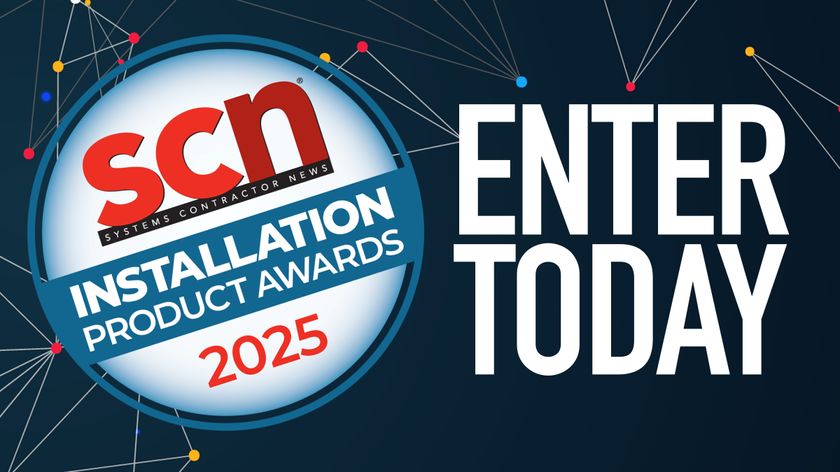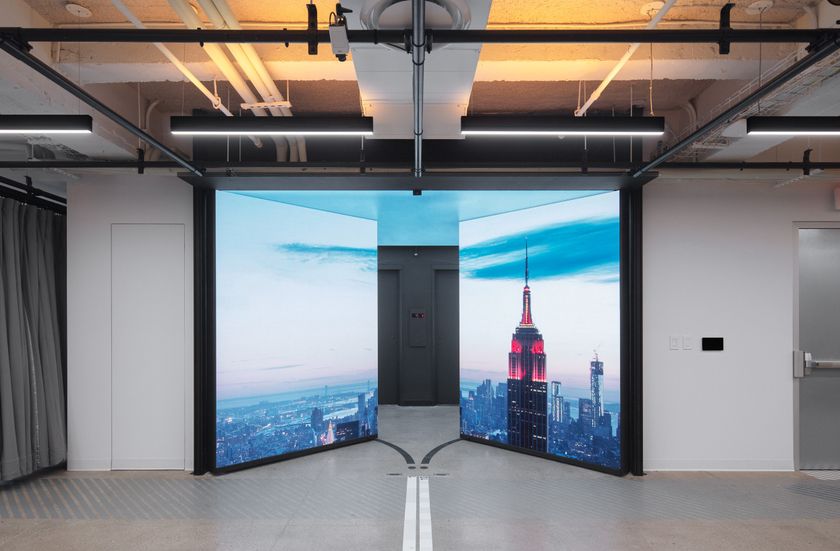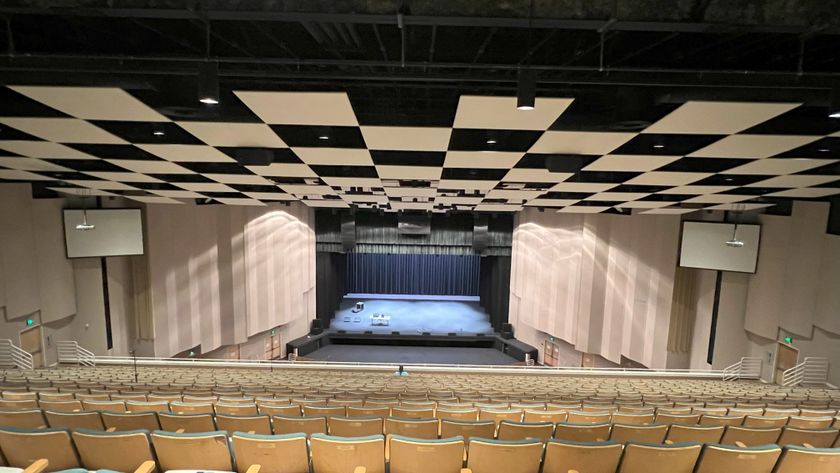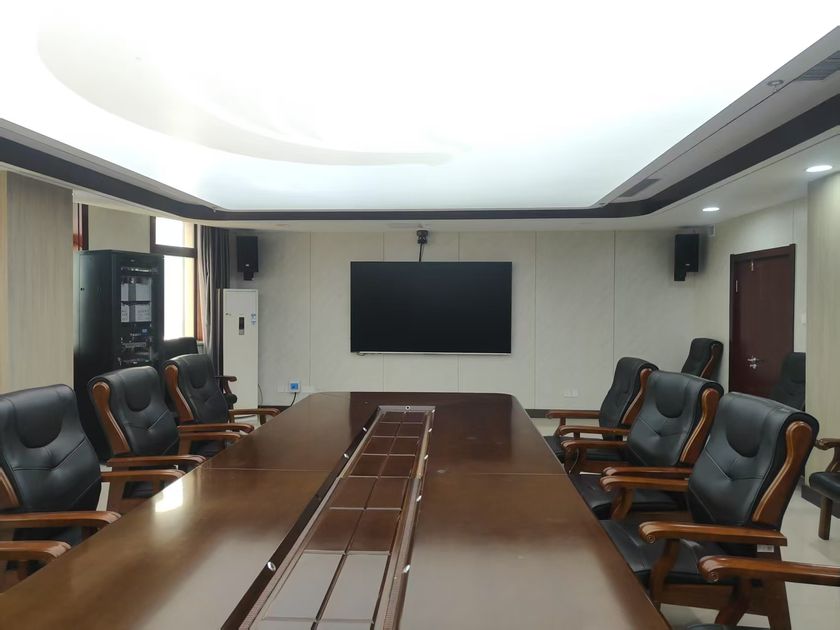- We have all lived the nightmare of product failure within a system that we have just recently installed for a brand new customer. The customer was actually satisfied until the system failed. At this point, the details of the failure are almost inconsequential. What does matter is that the client is now very upset because the system no longer works and, of course, it failed at the worst possible moment. We get the proverbial 911 call and the irate voice on the other end yells at us with something to the effect that "nothing works and I need it fixed now!" A few minutes before the problem occurred we had a "happy camper" on our hands and now our competency and very reputation is on the line.
- Of course the customer is looking to us for help as they should and we immediately dispatch someone from the service department. Upon arrival the service technician calms the customer down and reassures them that all problems will be solved as quickly as humanly possible.
- We all know Murphy's Law, but what some of us have come to find out is that Murphy was an optimist. Well, as luck would have it, there is a failed piece of equipment that needs to be repaired or replaced under warranty, and it needs to be done now rather than later. We tell ourselves and the client that we did use the "best available equipment," but anything can break. The offending piece is removed immediately and brought back to the shop. Of course, as Murphy would have it, we do not have another one in stock.
- Now we are faced with the real challenge. We have placed the urgent call to the manufacturer or distributor to get a replacement only to meet with one reason (excuse!) after another as to the delay in taking care of this immediately.
- There is little more in this life that is as frustrating as facing a customer's feeling of abandonment. Should we be expected to have an inventory in stock of everything we specify into a project? We reason to ourselves, and sometimes even to the customer, that each project is a system of disparate components and rarely a cookie cutter approach so we cannot stock everything. To the customer we have left them out on a limb and to us the supplier of the failed product has the saw! Is there a better way to approach all of this?
- Well, there is. It starts the day we sit down to open a new franchise with a manufacturer. When we establish this new relationship, whether it is direct or through an independent manufacturer's representative, we need to be concerned with more than the products and the "great pricing advantage" we will gain. What are the key topics? Product features and benefits, price, discounts, programs, exclusivity? Certainly these are all important elements; however what we really need to know is how they do business, how they really treat their customers, and how it fits in within our needs?
- It is up to us to decide what is truly important in the relationship and how it will ultimately impact our customers when the inevitable comes to pass. Ask yourself, what is important to us beyond price? We know one thing for certain, and that is the great price is of little consequence when the product fails. What we really want is to know is that when (not if) we have a problem or question, we can turn to someone for help.
- There are several key areas beyond the pricing that we need to review and discuss with each manufacturer prior to signing any agreement.
- Financial Stability: First, we want to know that they are financially stable. We need to know that any company that we represent will be there to support us and our customers beyond the basic one year warranty. What is their probability of existence in two years or three, or even five years? Lack of financial stability is a risk at every level and one that should not be taken.
- Product Performance and Delivery: They must be able to deliver new products fault free. Using our customers as a "test bed" for advanced R&D is not acceptable. Their products must work as their sales staff represented them to you. They must be able to meet the delivery schedule to which they commit. None of us can afford to explain to our customers why we are not finished on time.
- Customer Orientation: Each vendor should be organized for support. They must have hours of operation that match our needs. This may means that if they are on the east coast and you are on the west, you can still reach their support lines after two in the afternoon. A dedicated staff of people whose full time job is to actively support our pre and post-sale needs is mandatory. And, they must be ready to handle our needs whether they be technical or sales related.
- Process Oriented: Each vendor should be able to share information about their organization. We need to know who to call and why. An organizational chart with contact names, phone numbers and email addresses is a minimum requirement. In a similar fashion, a documented escalation process is necessary. We need to know what to do when we go up a level for further assistance. There should also be a clearly stated support policy for everything from product replacement to warranty to repair services.
- Training: Training leads to the improvement in our ability to deploy the products that we represent to our customer base. Documented training programs will give us a clear expectation of how your staff will be well trained. When it comes to technical training, we need to be sure that they can provide specific skills training for all technical staff members. We should expect training and/or certification programs to help our designers, field engineers, programmers, and installation crews.










